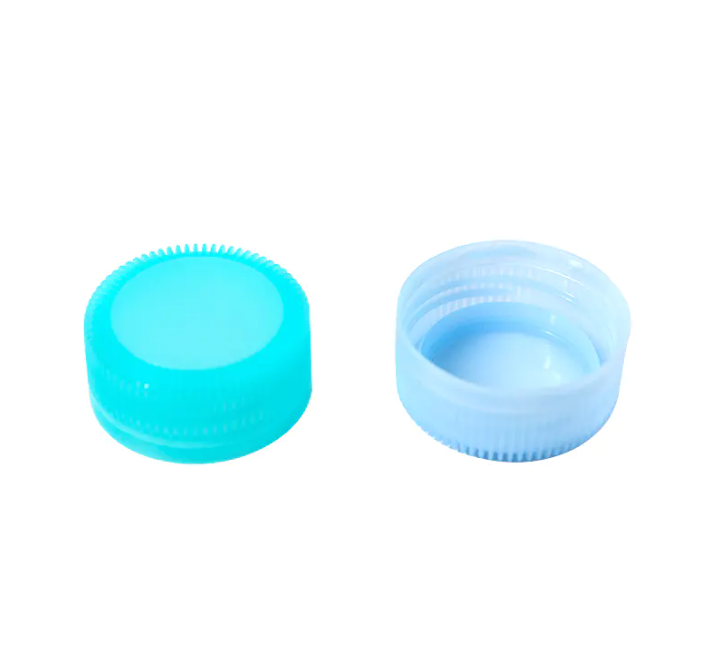chuangzhen@capping-machine.net

EN
The rise of alternative packaging materials has introduced new challenges and design changes for capping processes, and Capping Machine are at the forefront of adapting to these innovations. Biodegradable resins, PCR plastics, lightweight polymers, and flexible caps require adjustments in torque application, clamping mechanisms, and capping heads to ensure uniform closures without damaging the materials. These innovations enable manufacturers to meet evolving environmental standards while maintaining product integrity.

Beyond material adaptability, energy efficiency and sustainable operation have become critical considerations. Modern capping machines are equipped with servo-driven motors and intelligent torque control systems, which optimize energy use while maintaining precise sealing performance. Automated monitoring and predictive maintenance ensure machines operate at peak efficiency, minimizing unnecessary energy consumption and reducing downtime. By integrating real-time feedback and adaptive torque adjustments, capping equipment can accommodate biodegradable, flexible, or PCR caps without affecting production speed or quality.
The use of eco-friendly lubricants, corrosion-resistant components, and closed-loop fluid or air management systems further supports sustainable production. These measures reduce chemical emissions, minimize waste, and extend machine lifespan. Combined with precise material handling, automated cap feeding, and modular tooling, these features allow manufacturers to efficiently process lightweight or flexible caps while complying with environmental regulations and meeting consumer expectations.
Biodegradable and PCR materials present challenges in strength, thermal stability, and flexibility. Capping machines employ adjustable torque heads and adaptive clamps to prevent deformation or leakage. Lightweight and flexible caps are increasingly common in beverages and consumer products, requiring delicate operation and precise sealing to avoid damage. Modern machine designs provide consistent closures while accommodating variations in material performance, ensuring both traditional and sustainable caps meet quality standards.
The integration of sustainable practices with advanced capping technology offers manufacturers the opportunity to reduce energy use, incorporate recycled materials, and support eco-friendly operations without compromising performance. By combining adaptive sealing systems with energy-efficient automation, capping machines seamlessly transition to more sustainable materials, handle diverse packaging types, and maintain production reliability.
Design innovation continues to address challenges associated with lightweight, flexible, and bio-based caps. Adaptive torque systems, precision feed mechanisms, and digital monitoring enable manufacturers to manage production variations and minimize material waste. Predictive maintenance and real-time process feedback ensure consistent sealing performance and energy optimization, reinforcing the machine’s role in supporting environmentally responsible production.
The evolution of capping machines reflects the convergence of material innovation and sustainable manufacturing practices. By accommodating alternative caps, optimizing energy consumption, and integrating eco-friendly operational strategies, modern equipment enables manufacturers to meet regulatory requirements, satisfy consumer demand for sustainable products, and maintain high production standards. Chuangzhen Capping Machines combine adaptive torque systems, precise feed mechanisms, and digital monitoring to efficiently handle biodegradable, PCR, lightweight, and flexible caps. With energy-efficient automation and predictive maintenance, these machines support environmentally responsible production while ensuring consistent quality and reliability across various packaging applications.
Copyright © Taizhou Chuangzhen Machinery Manufacturing Co., Ltd. All Rights Reserved.
